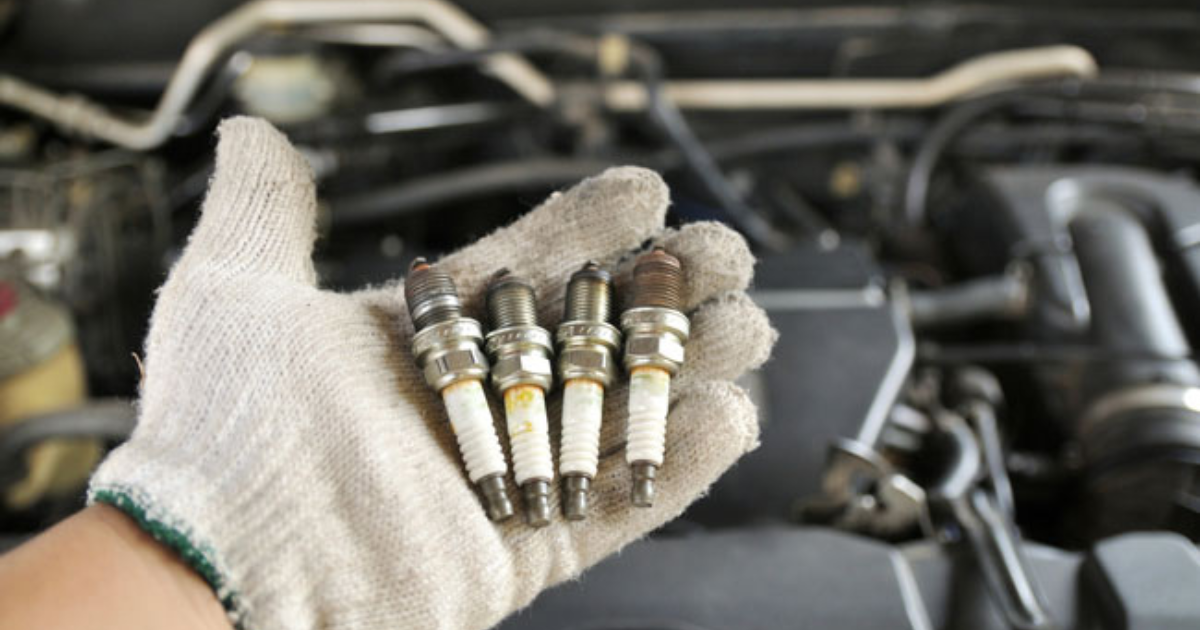Engines fuelled by diesel and petrol are clearly distinct in many ways. Still, there are a few shared characteristics between the two. The main concern is whether or not catalytic converters are used in diesel engines.
One of the most important parts of an automobile’s emissions system is the catalytic converter. The EPA’s stringent regulations regarding its usage in vehicles are understandable. On the other hand, the majority of car aficionados link gasoline-powered automobiles with the cat-con.
Do Diesel Engines Have Catalytic Converters?

Catalytic converters are standard equipment in diesel engines, as they are in petrol engines. This is due to the fact that the catalysts within the converter are necessary for the emissions system to neutralise the harmful pollutants prior to their ejection through the exhaust pipes.
When thinking about “Diesel catalytic converter vs. gas cat converter,” it’s important to note that diesel engines’ converters differ slightly from the standard ones used in gasoline engines.
A diesel engine’s cat converter design can be two-way or three-way, with the former featuring a DOC and the latter an SCR reduction.
The two primary steps in diesel engine emissions that often help to detoxify pollutants before they are released into the air are the diesel oxidisation catalyst (DOC) and selective catalytic reduction (SCR).
Can you tell me if diesel vehicles use DPFs and catalytic converters? Diesel particulate filtering (DPF) and exhaust gas recirculation (EGR) are two additional steps in the emission process. But these are just the preliminary steps; the system’s real emissions neutralisation action takes place in the final two stages, the DOC and the SCR.
Can Diesel Engines Run Without a Catalytic Converter?
Since the part isn’t involved in getting the car moving, a catalytic converter isn’t strictly necessary for a diesel engine to function. But the engine’s overall performance will change and the road noise will increase if you don’t use the converter.
In addition to the obvious effects, a car without a catalytic converter will almost certainly fail an emissions test. This is due to the fact that emitting harmful gases into the air from a vehicle’s exhaust pipes is completely against the law and would constitute an immediate danger to human health.
Hence, it is the duty of the Environmental Protection Agency to mandate the installation of catalytic converters in all vehicles produced after 1975. The Clean Air Act of 1970 mandates this.
You shouldn’t risk damaging your diesel engine by removing the catalytic converter, even though it isn’t strictly necessary for the engine to operate. Doing so could lead to a hefty fine or the failure of your next emissions test.

Don’t bother removing the part if you’re happy with it on your vehicle. In addition to assisting you in passing an emissions test, the part shields you and everyone around you from harmful exhaust pollutants.
Can you tell me whether catalytic converters are a part of current diesel engines? Truly, that is the case! Keep in mind that the Clean Air Act of 1970 applies to all vehicles manufactured after 1975.
Conclusion
Regarding diesel engines, this article has accurately stated that catalytic converters are available. Furthermore, we have discussed the component’s typical issues and offered remedies to some of them.





